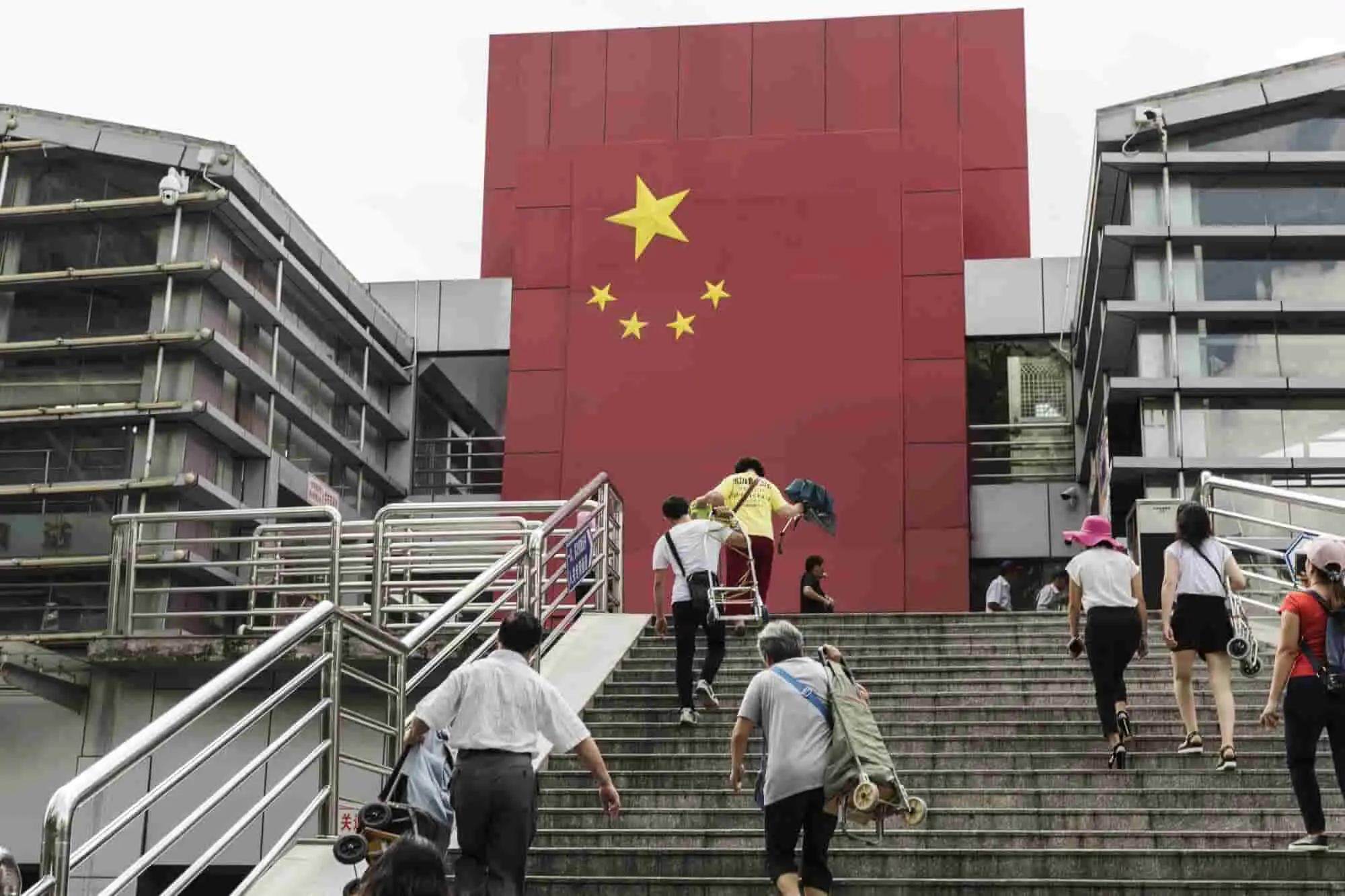As per the recent Chinese credit data, the Chinese Government is relying on the tax cut as the first line of defense against the slowing down of the economy. The data imply that the Chinese Government has accepted the fact and started taking measures for the same.
Senior Chinese policy officials confirmed that more large scale tax reductions are in the pipeline. As the country is facing multiple issues with the economy like worsening of trade and total output, it has finally depended on the fiscal measures. As per JPMorgan Chase & Co., the total impact would be around 2 trillion yuan ($300 billion), or 1.2 percent of the gross domestic product of China.
This time China is following a different path to tackle the situation than the path taken after the global financial crisis. Its focus on the previous attempt was on infrastructure investment and monetary policy changes. This time China wants to tackle the slower economic growth without a debt blowout. It has managed to expand the credit growth for December, and the Central bank has been very successful in curbing the shadow banking which possesses a huge risk to the economy.
As per data, aggregate Financing in November was 1524 billion yuan, and in December it rose to 1590 billion yuan, with a median estimate of 1300 billion yuan. Out of the total financing, new yuan loans for November was 1250 billion yuan, and in December it contracted to 1080 billion yuan, with a median estimate of 825 billion yuan. And M2 money supply year-on-year basis for November was 8.0 percent, and in December it rose to 8.1 percent, with a median estimate of 8.1 percent.
Cui Li, the head of macro research at CCB International Holdings Ltd. in Hong Kong said at this moment the scope for monetary policy is very less, and fiscal policies such as tax cuts will be effective. She also added that the high leverage and property prices had limited the chances of massive monetary stimulus. But comparing with the infrastructure binges, as a growth measure, tax cut’s effects will be realized gradually.
Last year May saw a deduction of value added tax by the Government in manufacturing, transportation, construction, telecommunications, and farm produce industries, followed by a lowered personal income taxes and the introduction of more such deductions. And earlier this month, the State Council announced a $29 billion annual tax cut meant for small businesses.
Though it is still unclear whether the new approach of a tax cut will be effective or not owing to global tensions and trade war with the United States, but the approach has been adopted due to China’s debt load. By spending money on infrastructure like bridges, road, railways, etc. may become counterproductive for the stability of the economy.
JP Morgan economists led by Zhu Haibin wrote in a report that the Government is facing the debt load problem due to years of over-investment and huge spending on infrastructure that led to a surging debt.
The report also states it is yet uncertain that how much tax benefits will be moved to the required class for showing the effects on the Economy.
As per economists, the reduction in the tax may boost the Gross Domestic Product growth by a minimum of 0.46 percent. But, the slowdown linked to slower growth of world economy and trade war will not leave the Chinese economy very soon. It will linger on to the few next quarters.
The new policy changes that are scheduled to happen was briefed by Zhu Hexin, deputy governor of the People’s Bank of China, Xu Hongcai, assistant minister of the Ministry of Finance, and Lian Weiliang, the vice chairman of the National Development and Reform Commission. They also pledged to support the consumption of cars as well as other household goods. It should be reported here that the sales of cars fell for the first time in 28 years.
Xu said that the government would facilitate local governments to issue more infrastructure bonds in comparison with 2018 that will ensure continuous infrastructure development, but the rise in bonds should not be taken as a measure to tackle slower growth.
A Shanghai-based economist at Shenwan Hongyuan Group Co. said that in order to increase the personal consumption and consumption by businesses, a tax cut is the only way out for the Government. Introducing big financial stimulus packages may not yield results that are expected.
However, owing to the nation’s quasi-fiscal efforts such as special bonds and land sales will lead to an inflated fiscal deficit. It is expected to have a growth in Fiscal deficit of 11.3 percent of total output this year, whereas the last year’s mark was at 10.7 percent.
Tariff Cuts-
The government also has declared rounds of import tariff deductions so that the cost pressure would be minimal on the consumers and it also had said that opening up of the economy would be again rolled out this year on a wider basis.
The Government is most likely to set a target growth for this year in the range of 6 and 6.5 percent, as per experts.
Carie Li, an economist at OCBC Wing Hang Bank Ltd in Hong Kong, said the credit data is still showing negative numbers as the Government’s prolonged campaign to wring out the shadow banking has been successful. The new stimulus measures in terms of fiscal policy changes are still unable to fill the gap created by the crackdown by the Chinese Government. And the Government, as well as the Central bank, may need to think about the funding needs of the privately-owned businesses specifically in order to achieve the credit growth they have expected.
